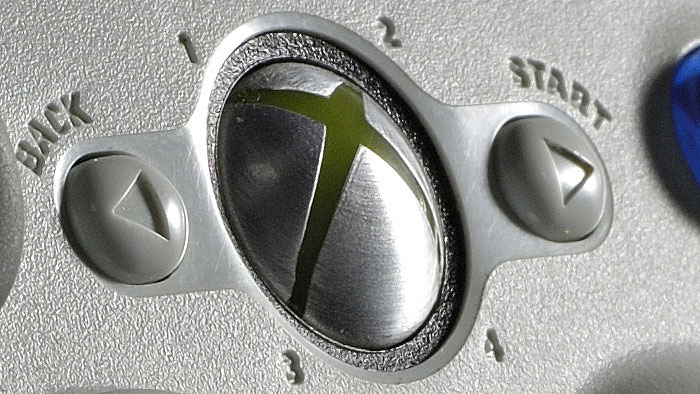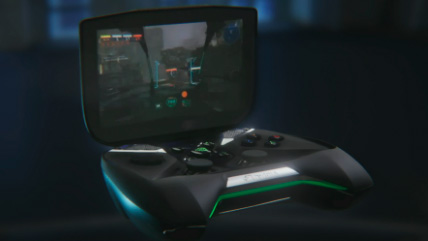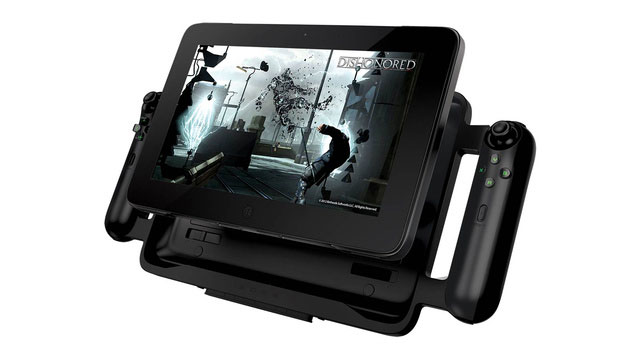Why Microsoft needs to nail a mobile gaming device
Microsoft needs to get into handhelds

PlayStation admitted back in late 2011 that Xbox was winning the current generation wars by a fair margin - fuelled largely by its popular Xbox Live platform and the addition of the Kinect accessory that impressed most far more than Sony's Move controllers.
Try as it might, Sony has had mixed success with the PSP but perhaps not in the way they'd intended. Outside of Japan it has appealed largely to the home-brew market that have used it as a portable console emulator (and a fantastic one it is too).
Rumours have flown around for a couple of years now regarding a portable Xbox that could contend with the PSP and Nintendo's offerings, though Microsoft hasn't commented directly on it themselves.
It may seem a little crazy to suggest it in the world of quad-core smartphones but having seen the direction that manufacturers such as Nvidia and Razer are heading with gaming platforms (Project Shield, for example), it's clear there is still a definite market for mobile gaming handhelds - if they can get the right balance of product and price.

Too prudent?
Ever since the mixed fortunes of the Zune hardware they've chosen the arguably more prudent route of tying Xbox Live in to the Windows platform. Unfortunately, the selection of games available for mobile doesn't quite echo the excellent selection that's available on the full-fat console.
iOS has had quality games since the start, and Android has had little problem more recently attracting the top developers but Microsoft's platform still lags behind, which considering its strong Xbox heritage seems crazy.
Microsoft would have you believe that the Surface and Xbox SmartGlass is part of their current answer to these problems of making Windows powered devices their contender to any dedicated handheld gaming hardware and to an extent they may yet be proved right.
Get daily insight, inspiration and deals in your inbox
Sign up for breaking news, reviews, opinion, top tech deals, and more.
The combination of this and Xbox Live could be the right route to take as smartphone and tablet sales dominate every other category out there . Type 'Microsoft Xbox handheld' in to Google and an advert for the Windows powered Surface tablet is your first result - making fairly clear their current position.
Many out there would still be very excited by a proper gaming handheld from Microsoft.
Others are trying
Though touch-screens have their place in casual gaming, the excitement that surrounded Project Shield at CES 2013 shows that many would still prefer physical interaction rather than the less precise jabs afforded by even the best screen. Microsoft is hopefully taking a lot of interest in projects such as this as well as the Razer Edge.
It may not be quite as portable as Nvidia's clam-shell design but echoing the Edge is a far more realistic route that Microsoft could go down with minimal effort to win over users to the Surface platform whilst making the Xbox brand truly mobile and not confusing things with yet another piece of new hardware.

The biggest problem with taking this route is the cost of it all; a stumbling block which may well be too big a hurdle for Razer's tablet.
The Surface Pro is just hitting the shops. Which, when you consider the addition of any gaming accessories, is just too much for most gamers looking for a handheld - these customers would be more likely to fork out for a high-spec laptop.
As for the Surface RT, it's certainly got a nippy processor that has shown its worth for gaming on the Nexus 7, but can Microsoft really get the same performance out of it with Windows RT needing so much more of that processor's time than Android? We're still not sure - and neither are the consumers judging by most sales projections.